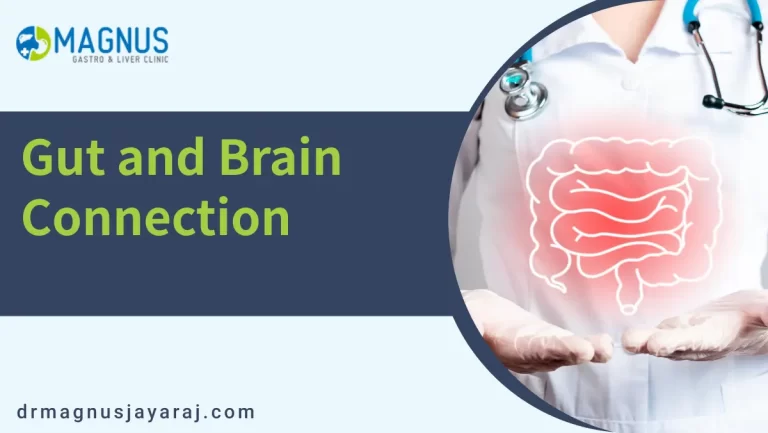The human body is a marvel of interconnected systems, and one of the most intriguing links is the gut and brain connection. While it may seem like the stomach and brain are worlds apart, they are inextricably linked in ways that profoundly impact your well-being. In this blog post, we will delve into the fascinating world of the gut and brain connection, exploring how your gut health influences your mind and emotional state.
The Gut-Brain Axis
The gut and brain connection, often referred to as the gut-brain axis, is a bi-directional communication system that links the central nervous system (the brain) with the enteric nervous system (the gut). This communication occurs through an extensive network of neurons, hormones, and neurotransmitters. Remarkably, your gut contains millions of neurons, earning it the nickname “the second brain.”
This axis allows the gut and brain to constantly exchange information. The brain sends signals to the gut that influence digestion and absorption of nutrients, while the gut sends feedback to the brain regarding its state, including information about the microbiota, and the community of microorganisms living in the gut.

The Role of the Microbiota
Your gut’s microbiota plays a pivotal role in the stomach and brain connection. The microbiota consists of trillions of microorganisms, including bacteria, viruses, fungi, and more. These tiny inhabitants are involved in a complex interplay with your body, influencing everything from digestion to immune function.
Importantly, the microbiota affects the production and regulation of neurotransmitters like serotonin, a key player in mood regulation. A healthy microbiota promotes a balanced production of neurotransmitters, contributing to better mental health and emotional well-being. Conversely, an imbalanced microbiota can lead to issues like anxiety and depression.
Gut Health and Mental Health
The state of your gut health can significantly impact your mental health. When the gut and brain connection is disrupted, it can lead to various mental health issues, including:
- Anxiety: An imbalanced gut microbiota can trigger anxiety symptoms, affecting your mood and overall sense of well-being.
- Depression: The gut and brain connection influences the production of neurotransmitters associated with depression, making gut health a critical factor in mental health.
- Stress: Chronic stress can disrupt the gut microbiota, leading to gastrointestinal issues and potentially affecting your mental state.
A growing body of research suggests that addressing gut health through dietary changes, prebiotics, and probiotics can have a positive impact on mental health, alleviating symptoms of anxiety and depression.
Strategies for a Healthy Gut and Brain Connection
Maintaining a healthy gut-brain connection is essential for overall well-being. Here are some strategies to promote a harmonious stomach and brain connection:
- Diet: Consume a diverse, fiber-rich diet to nourish your gut microbiota. Foods like yogurt, sauerkraut, and kefir are rich in probiotics that support a healthy gut.
- Reduce Stress: Practise stress-reduction techniques such as mindfulness, meditation, and deep breathing to minimize the negative impact of stress on your gut and brain.
- Regular Exercise: Physical activity supports a balanced gut-brain connection, so aim for regular exercise to keep both your body and mind in good shape.
- Probiotic Supplements: Consider taking probiotic supplements to maintain a healthy balance of gut bacteria, especially after antibiotic treatments.
Conclusion
The gut and brain connection is a remarkable and complex interplay between your gut health and your internal well-being. Understanding this relationship can empower you to make informed choices about your diet and life to support both your digestive and neurological health. As you’ve learned, the gut-brain axis involves the enteric nervous system, the gut microbiota, inflammation, and the part of diet.
Check out Navigating Digestive Disorders in Children.


